Kanye West — a musical giant who crashed to earth
His anti-Semitic rhetoric has led to his business partners deserting him. The rap star has lost a fortune and, he says, his family.
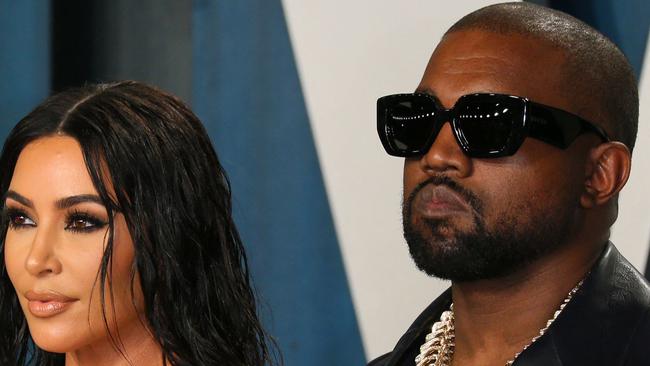
He floated above the masses on a hanging platform that swung back and forth, encouraging his fans to turn their faces and arms up to the sky and worship him, while he tipped unstably, threatening to fall and inflict damage on himself and anyone he crushed on the way down.
The rise and fall of the rapper Kanye West is commonly told as a parable of celebrity hubris. When does grandeur become delusions of grandeur? Who checks the power, and the mental health, of those who have made so much money through having the power to say what they like? The broad consensus is that West’s story is that of a star-dictator, like the regent in The Madness of King George, who has been suspected of also having West’s illness, bipolar disorder.
But there is a different way of looking at it that makes West’s story sadder and more tragic, a plot line that would have had Shakespeare - one of many of history’s legendary creatives West has compared himself to - interested: that his mother, Donda West, scarred by generations of prejudice, deliberately raised a boy trained to generate applause in his own head.
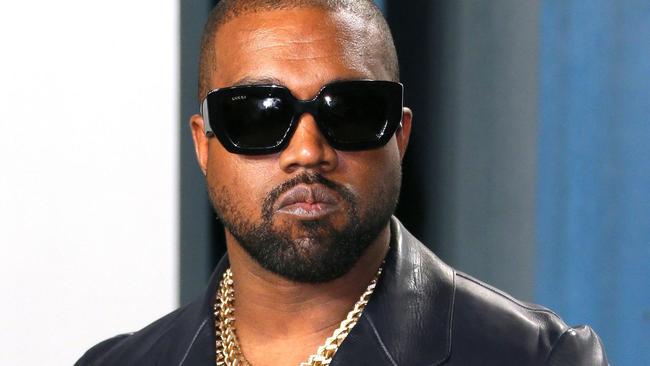
Donda saw this as a necessary counterbalance to the racist negativity against black men in western, and particularly American, culture. Yet that corrective his mother used to guard her son against pain would be key to his success and maybe also part of his greatest undoing.
This reading is for me what makes West as fascinating as his remarks are contemptible. The hovering set that West invented for his concert tour in 2016, as described above, was both a remarkably creative reinvention of stagecraft - what an idea, to glide the performer above the heads of the crowd! - and also the point at which West literally and symbolically lost sight of the audience. He couldn’t see us down here, as he had positioned himself too high up. He also became an industrial falling hazard, and had to be clipped on. He is not clipped on any more.
To summarise the problem: this month Ye, the name West has adopted, tweeted that “I’m going death con 3 on JEWISH PEOPLE”. This was in the same month as wearing a “White Lives Matter” T-shirt at Paris Fashion Week, and wearing a red baseball hat with “2024” on it, signalling his intention to have a second run at the presidency of the United States, after his abortive attempt in 2020. As ever in West’s erratic history of political views, it is unclear to what degree these are uncontrollable outbursts of an ill mind, or a perversion of his early genius for provocation, or both.
Still, the most recent anti-Semitism, which would have risked a conviction for hate speech among lesser mortals, is now having commercial repercussions. Kim Kardashian didn’t so much marry West as create the best script motor of her reality TV show Keeping Up with the Kardashians, which supplied a ten-year relationship, four children and a carefully monetised wind turbine of publicity until their divorce this year. Kardashian has been among those most vehemently denouncing West’s recent comments, saying “hateful rhetoric” is “never excusable”.
West has been dropped by CAA, his talent agency, restricted from Instagram and Twitter, had a completed documentary about him shelved, and streams of his music are falling amid calls for a boycott. This week the German company Adidas said it would take a “short-term” hit of pounds 217 million to its income by ending its partnership with West. As a result, his fortune tumbled from dollars 2 billion in the Forbes rich list this year to a mere dollars 400 million.
It is worth going back to West’s beginning, as the only child of a single mother who was solely responsible for Kanye at their home in Chicago, except for the summer holidays when he would go to his father, Ray, in Atlanta. Donda created a middle-class, educated household: she was a Fulbright scholar to China and was an English professor who spent 24 years as head of the English department at Chicago State University.
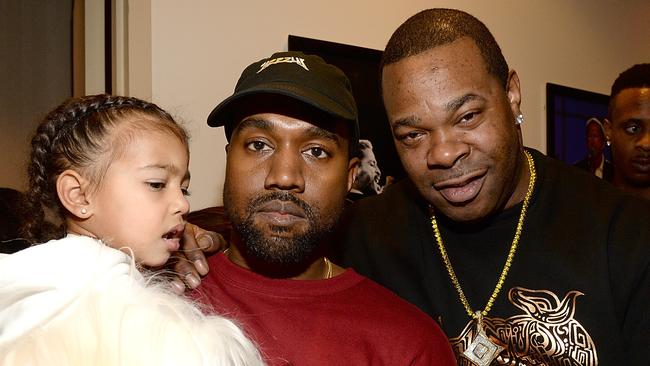
In October 2007 she gave her last public appearance with a speech to a poetry conference at Chicago State, a few weeks before her sudden death. She talked about the writing of her book Raising Kanye, which isn’t just a celebrity spin-off but an analysis of how to funnel her own parents’ involvement in the civil rights movement into the mothering of her son. She described how when her father worked shining shoes he was regularly spat upon by white men in their home town of Oklahoma City. Donda’s parents involved her in civil rights protests, and she quoted one of Kanye’s lyrics about herself, “At the tender age of six, she was arrested for the sit-ins. And with that, in my blood, I was born to be different.”
In the speech Donda said, “My parenting of Kanye was strategic.” From when he was very young, she said: “I began teaching him to love himself by putting images that looked like him around him. It’s something I felt I must consciously do.” West’s nursery was her own self-styled gallery of black male glory.
“The low self-esteem he was bound to take on if he looked to the media for validation would only serve to cripple him and make him question himself into oblivion as a black man,” she said.
In a society that lives with the legacy of slavery, Donda said it was “imperative” that the parents of black children “consciously teach the love of self”.
Donda didn’t just love her son as any mother, but attempted to make her belief in West a counterweight to centuries of oppression, a bulletproof forcefield against prejudice and police harassment. No wonder West was devoted to her. He didn’t just enrol in college, he enrolled in her college, Chicago State, and majored in English, the department where she was head.
Whatever private ambitions Donda had for her son - US president, like Barack Obama, who was then a rising star in Chicago? - were seemingly crushed when he dropped out of college, and specifically her program, to be a rapper.
His first album, The College Dropout, is full of vulnerability and insecurity. “I’m so self-conscious,” he writes in All Falls Down, “the people highest up got the lowest self-esteem, the prettiest people do the ugliest things”.
While Donda lived, his narcissism was moderated. Donda moved to Los Angeles to work for West for the last three years of her life, at his side at parties and award shows. She encouraged self-awareness in tandem with self-belief. In the documentary series Jeen-Yuhs (a title with typical West understatement), there is early-career footage of West visiting his mother at home in Chicago. The interaction that follows is profound. Donda has, she says, been thinking of something to tell him.
“You come off a little arrogant,” Donda tells West on camera. “Even though you’re humble and everything. It’s important to remember that the giant looks in the mirror and sees nothing.”
This phrase, “the giant looks in the mirror and sees nothing”, does not appear to be a literary quotation. Donda’s meaning can be interpreted in as many ways as there are Reddit threads devoted to it. West himself queried it: “Do you think I come across too arrogant?” he responds.
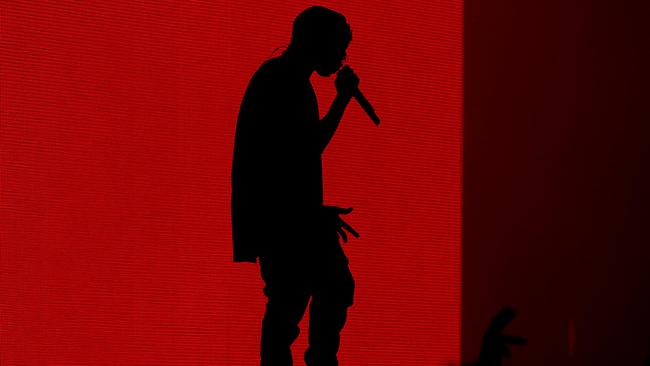
Donda elaborates without elucidating. “Everyone else sees the giant,” she says. But, she repeats, the giant sees nothing. Does it mean that the giant is too big for all his facets to be known to himself? Or that being a colossus is all relative: we become giants or ants depending on whom we compare ourselves to, so it is important to stay humble. Or, the most poetic interpretation: a giant can’t see their own reflection, they are either deluded or bewitched, they lack self-awareness. In any case, the message was clearly some kind of warning.
Donda died in 2007 aged 58 as a result of complications of major cosmetic surgery. West blamed himself. When Q magazine asked what he had sacrificed for his success, West responded: “My mom … I don’t want to go far into it because it will bring me to tears.”
West made his first bid for the US presidency in 2020. He had previously donated to Democratic politicians, including Obama and Hillary Clinton, but during his 2016 concert tour West told the audience that he did not vote in the presidential election of that year, “but if I would’ve voted, I would’ve voted for Trump”.
His own campaign comprised a series of bizarre appearances, including breaking down in tears at his first rally over the issue of abortion, then criticising the black abolitionist Harriet Tubman, who worked to free slaves from the American south. Kardashian, then his wife, cited the loss of West’s mother 13 years earlier as a wound so deep it was a continuing factor in his mental health difficulties.
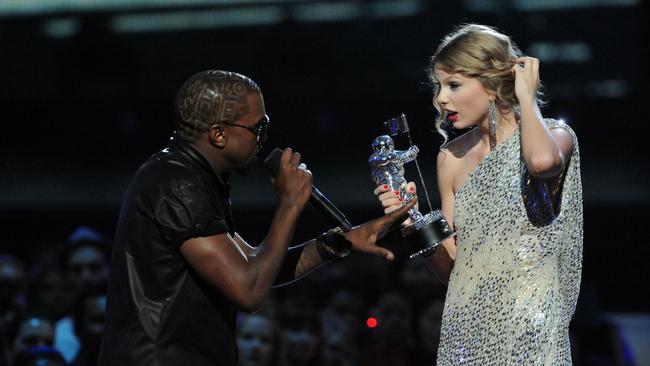
Pleading for compassion and tolerance in the light of his illness, Kardashian wrote on her Instagram in 2020: “He is a brilliant but complicated person who, on top of the pressure of being an artist and a black man, who experienced the painful loss of his mother, has to deal with the pressure and isolation that is heightened by his bipolar disorder. Those who are close with Kanye know his heart and understand his words sometimes do not align with his intentions.”
In 2021 West named his tenth studio album Donda, and followed up with a sequel album, Donda 2, this year. His mother helped West to create their joint non-profit foundation in 2003, which he renamed the Dr Donda West Foundation after her death.
It was dedicated to helping underprivileged youth to access music education. It ceased operations in 2011. His music and his public comments had already started to lose coherence by then. At the MTV Video Music Awards two years earlier West had jumped up on stage while Taylor Swift was accepting an award. He grabbed the mike, and said, “Yo Taylor, I’m really happy for you and I’mma let you finish but Beyonce had one of the best videos of all time.”
President Obama famously called Kanye “a jackass” over the incident. The prediction that his mother made for him came true: he was a giant who was no longer self-aware. Donda had held up the mirror and she was gone.
This may strike some as too sympathetic a portrait of a man whose words have inflicted real harm, with neo-Nazi protesters in Los Angeles already referencing West’s comments in their protest material. But it is also sad, tragically so. In a podcast interview with the American research scientist Lex Fridman, also Jewish, released this week, West refuses to recant his antisemitism. But he does accept how much his beliefs have cost him.
“I lost my f***ing family. I lost my kids. I lost my best friend in fashion. I lost the black community,” West said. “People said I lost my mind … I lost my reputation.”
When talking to Piers Morgan on TalkTV last week, he said: “I am the black man with dollars 11 billion and the most influential person on the planet.” You can almost hear Donda’s pride in his voice at what she and he together achieved against the odds.
It is also very hard to imagine, were Donda still alive, that she wouldn’t have found some way to help him, to help him to stop destroying their beautiful joint endeavour. Donda brought up her baby surrounded by pictures of glorious black men. Now the giant that is Kanye West does not see that in the mirror.
The Times



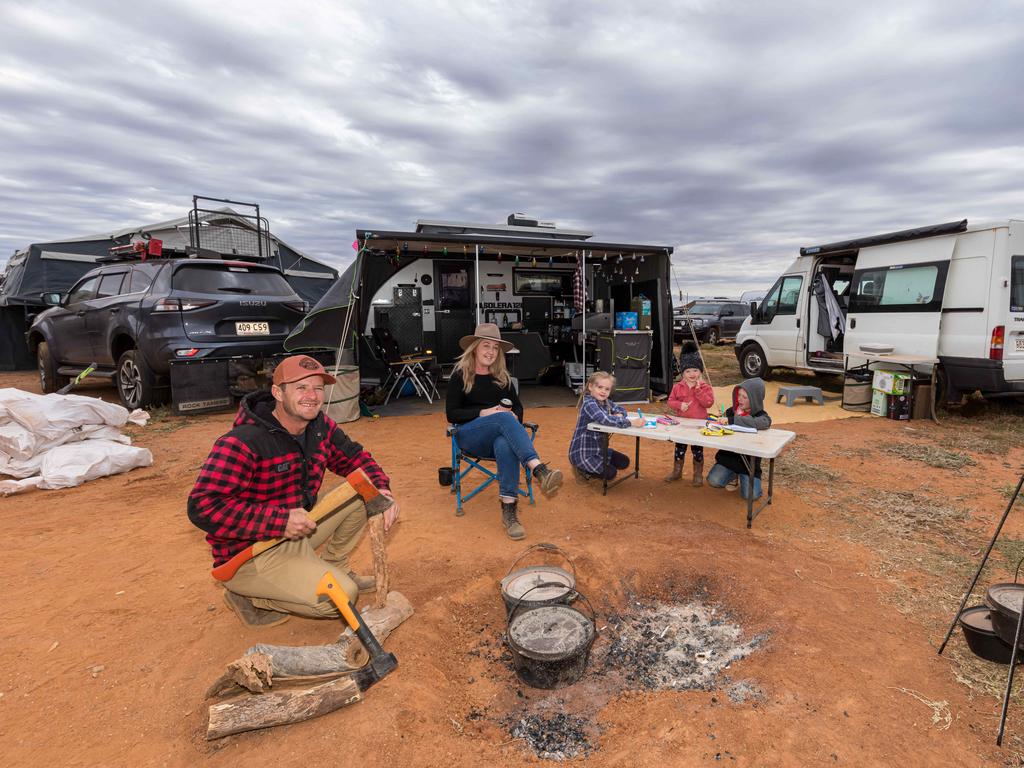

To join the conversation, please log in. Don't have an account? Register
Join the conversation, you are commenting as Logout